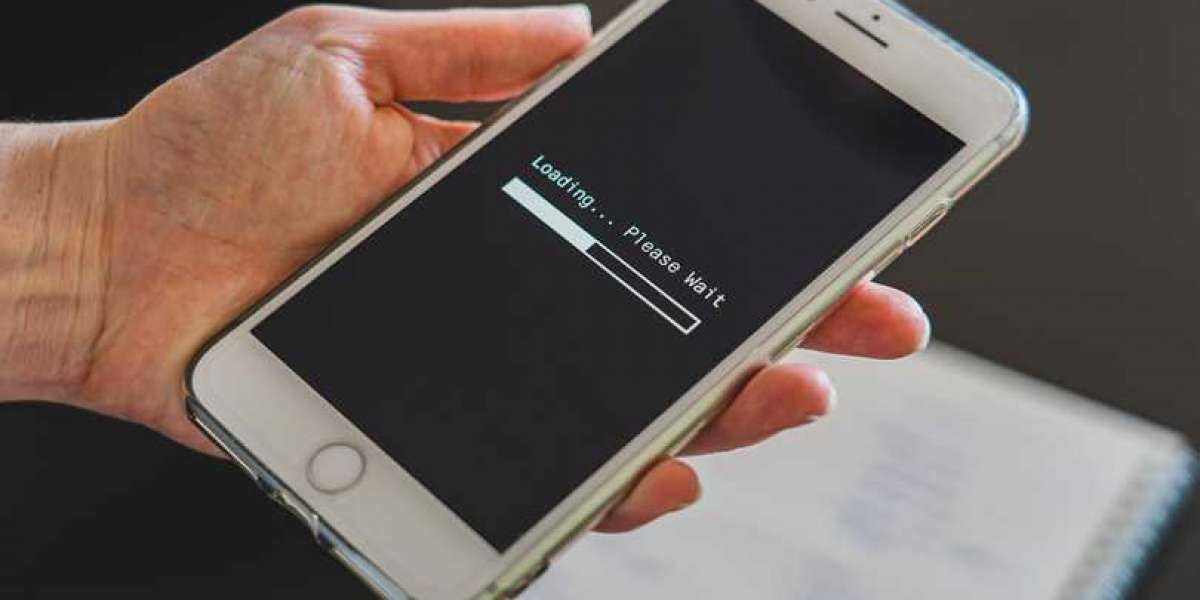Covid-19, the topic is trending for the past 6 months. Not only in Nepal, but in the world. We are well aware of how it has changed our everyday life. Everything is now a home-based job. All the offices, schools and colleges were shut down due to pandemic. People say it has greatly affected the economy, but we cannot deny how it boosted up sales of laptops and mobiles.
Internet Service Providers got many new subscribers. Online meeting applications like Zoom, Microsoft Teams, and Google Meet became popular. People who never believed in online shopping, are now buying even groceries and food items through online portals. All the office work and meetings started running online. In the same way, traditional teaching learning-practice transformed into online meetings.
Getting into online classes
The change in the education system was sudden. Copies and pens changed into laptops and mobiles and screens on the whiteboard. The change could be pleasing to some because they were free of school jobs. But most students find it monotonous just listening to lectures. It could be frustrating if you have a poor connection and other internet issues. Although everything changed due to lockdown, the services of ISP (Internet Service Providers) are still the same.
Frequent loss in connection, slow internet and buffering speed etc are some common problems every student faces during their classes. This has raised a big question, whether online classes are worth attending? Mobile bills become higher than internet bills if we start complaining every time the internet slows down.

My experience with the lockdown and online classes
I am currently a Bachelor’s student at Agriculture and Forestry University. Before the lockdown, when corona cases started growing, the college was shut down. Many students like me were staying in the college hostel. The college published a notice to leave the hostel in under 48 hours. So, I packed up my bag and left for home at Kirtipur, Kathmandu the next day.
The lockdown was exciting to a mobile addict like me for a few weeks but it did not last long. Always playing with mobile started getting boring but the main problem was getting scolding from parents. This scenario changed especially for students like us, when the university announced online classes. It was disappointing for those in rural areas with no internet but it became a cheer movement for students like us living in cities where we believe “we have the best internet of all”.
But a day before when classes were about to begin, there was a problem with my router. I called my ISP for help but no one picked my call and missed my classes. I tried contacting through Facebook messenger and finally got a reply that my ticket was created for problem-solving. I was like ‘What?’ They replied, “Sorry for the trouble, but don’t have enough employees due to the lock down."
What about my friends?
Similar is the case for students throughout the country. I called my few friends to talk about whether they had a problem with online classes or not. My friend Manoj Shrestha, from Barbara, subscribed to one of the plans of the famous ISP of Nepal after our university announced online classes. He is always missing some part of his class due to slow internet speed.
Similarly, Abhishek Bhattarai from Bandipur-3, Tanahun received internet from local ISP Mero TV, internet just a few weeks before the lockdown. He is fed up with complaining about his frequently disconnecting problem from the ISP. His internet provider takes a long time fixing up the issues, so he will be missing online classes until the problem gets fixed.
In the same way, Aavash Shrestha from Hetauda is unsatisfied with his ISP. He says internet speed drops down drastically after a few downloads. But some of my other friends are against the viewpoint. Bibek Sodari from Bhaktapur and Avishek Giri from Chitwan are satisfied with their ISP. According to them, getting a few problems is common when the use of the internet is very high.

What educational institutions are missing out?
Schools and colleges have no intention of finding whether the classes are effective or not. What about the practical classes? Especially talking about universities, they are focused on completing course content without considering whether students have internet access or not. The course content for the 3rd semester is about to complete but we have not given the exam for the 2nd semester yet. And no one knows when it will be scheduled.
The scenario is even worse in rural areas where there is no reach to the internet facility. The possibility of attending online classes from such places is almost impossible. So, ignoring such conditions just to complete the course and conduct an exam is not a wise decision. Frequent disconnect problems and buffering are adding up the difficulty in places with internet access.
In the condition where online classes have no alternatives, there is a problem with conducting online classes effectively. In my opinion, although there are no alternatives to practicals, at least theory classes can reach every student if the followings are to be considered:
- The educational institution has to look after their students, know their condition, and try solving problems.
- Universities can provide cheap data packs collaborating with mobile companies for students who have no access to the internet.
- It is the duty of Internet Service Providers to prioritize classroom applications and fix internet issues as soon as possible so that students can get uninterrupted internet during their classes.








